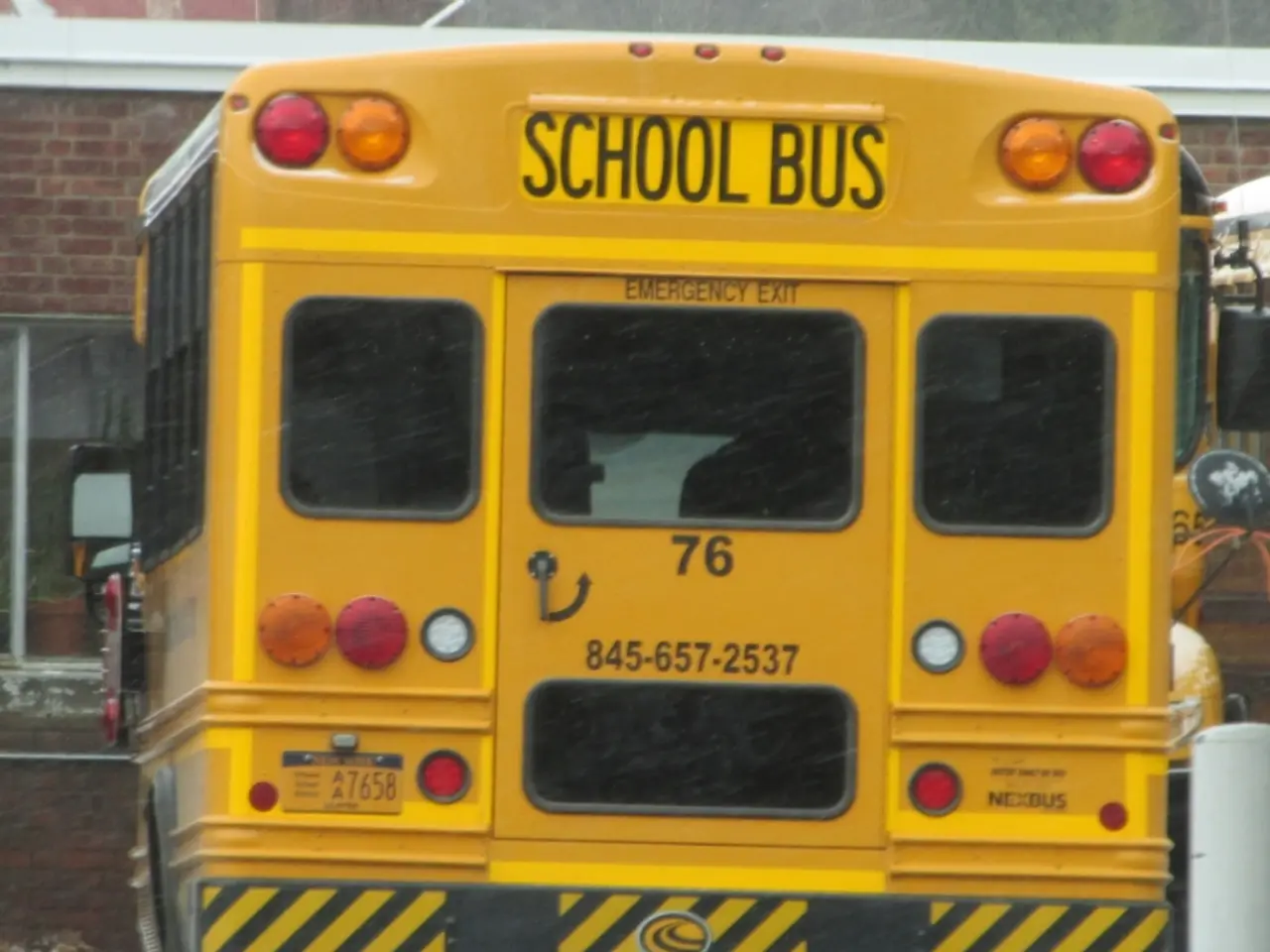Over 245 schools to get a facelift this year
Modernizing Kazakhstan's Schools: A Comprehensive Initiative for Equitable Education
Kazakhstan is embarking on a significant education transformation with the launch of the Kazakhstan school modernization project. This initiative, falling under the Comfortable School national initiative and the Keleshek Mektep project, aims to modernize and expand the educational infrastructure across the country.
Key Details and Timeline
The project has already made strides in the Kyzylorda region, where 10 new schools accommodating 6,900 pupils are being built in 2025. Six schools (3,000 seats) were completed earlier this year, and four more (3,900 seats), including schools in residential neighborhoods of Kyzylorda city and rural villages like Sekseul (300 seats) and Zhalangash (150 seats) in Aral district, will open for the new academic year starting September 1, 2025.
Nationally, 1,231 schools are scheduled for renovation over the next three years, targeting improved infrastructure and learning environments across Kazakhstan. The Comfortable School project aims to commission space for 200,000 pupils in the 2025 academic year alone.
Key Areas of Focus
The project emphasizes infrastructure expansion to reduce overcrowding by building new schools in growing urban and rural communities. It also prioritizes the renovation and modernization of existing schools to improve learning conditions, safety, and comfort. The project places particular emphasis on safe, modern facilities that support better educational outcomes.
Impact on Rural Schools
The project explicitly includes rural communities in its scope, facilitating improved access to education in villages like Sekseul and Zhalangash. By building and renovating schools in these areas, the modernization effort aims to provide rural children with learning environments comparable to urban centers, address inequalities in educational infrastructure, support increased enrollment and retention by making schools more accessible and appealing, and create modern, safe, and well-equipped facilities that can improve educational outcomes for rural students.
Comprehensive Modernization
The project encompasses nine key areas of modernization: building renovation, subject classroom equipment, school furniture replacement, high-speed internet connection via optical fiber lines, sports halls, libraries, dining room modernization, implementation of modern security systems, and adjacent territory landscaping.
This year, comprehensive work has started in 245 educational institutions. The plan includes capital repairs for 214 schools and reconstruction for 12 schools.
In conclusion, Kazakhstan's school modernization project is a large-scale, ongoing effort focusing on building and renovating schools nationwide with a strong emphasis on rural areas to ensure equitable access to modern and safe educational facilities starting from 2025, with key milestones like multiple school openings in the Kyzylorda region this year. The project aims to reduce the quality gap in education between urban and rural schools, ensuring equal learning conditions and comprehensive development for children regardless of their place of residence. Upon completion of the project, learning conditions will improve for nearly 100,000 schoolchildren.
- The comprehensive school modernization initiative in Kazakhstan, including the Kazakhstan school modernization project, falls under the umbrella of policy and legislation, particularly in terms of education-and-self-development and general-news.
- Modernization of Kazakhstan's schools, through this multi-year project, is not only focused on building new schools but also on renovating present ones to enhance learning conditions and safety, especially in rural areas like Sekseul and Zhalangash, as part of the broader politics of education equitability.
- The scope of the Kazakhstan school modernization project covers various aspects, from infrastructure improvement to implementing modern technology such as high-speed internet, and encompasses learning environments in both urban and rural communities, furthering discussions on education and self-development, as well as general news.




